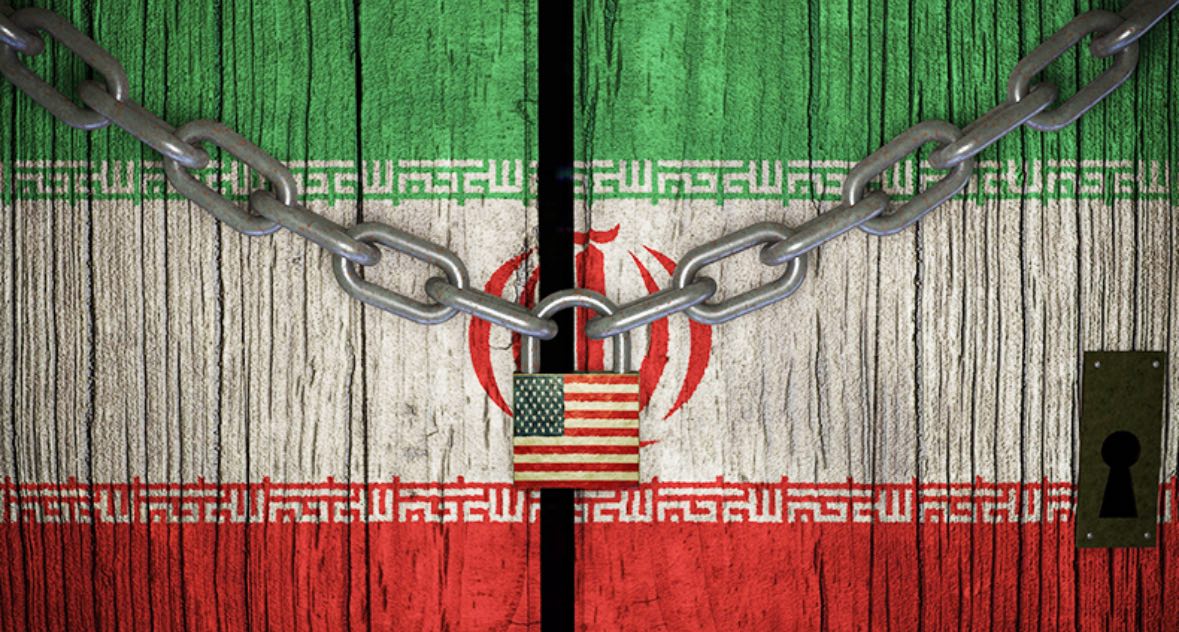Lifting Sanctions: Very Far, Very Near
Lifting Sanctions: Very Far, Very Near
According to Iran Gate, while the United States insists on stopping enrichment in Iran, it seems it has not yet clarified
what concession it intends to offer in return for the concession it demands. From the statements of Iranian officials and their reactions to the recent U.S. proposal, it appears that the American side has not proposed any suggestions regarding the method and timing of lifting sanctions against Iran in five rounds of negotiations with the Iranian side.
Qalibaf, in his pre-agenda speech last Sunday, said that the fact that the U.S. plan does not even mention lifting sanctions clearly shows that the United States’ behavior in indirect nuclear negotiations is contradictory and lacks sincerity.
These signs strengthen the suspicion that, apparently, during the five rounds of negotiations, the American side was not interested in entering discussions related to how sanctions could be lifted in parallel with Iran taking actions in the enrichment domain.
American officials have also not mentioned anything about sanctions and how to lift them in their public statements so far.
On the other hand, based on some of their hints, one can infer that they intend to offer only security concessions in exchange for receiving concessions in the enrichment domain, such as lifting military threats by the U.S. and preventing military actions and terrorist operations by Israel against Iran, and at most, not imposing stricter conditions on the export of Iranian oil, similar to the unwritten understanding reached in May 2022 in Oman.
In other words, it is not unlikely that the U.S. is considering maintaining the sanctions structure to the maximum extent possible and merely refraining from strict enforcement of sanctions, as was done with North Korea after the two meetings between Trump and Kim Jong Un in 2018.
Another indication in this regard is one of the few detailed interviews by Witkoff with the Breitbart news site.
In this interview, he said, first of all, we will never do what was done in the JCPOA, where sanctions were lifted, and deadlines for Iran’s commitments were set. He added, the JCPOA had sunset clauses that nullified their commitments and lifted sanctions; in the new agreement, we will never do such a thing.
Witkoff also said in this interview that the U.S. intends to pressure Iran in the next stages to stop financial and military support to groups like Hamas, Hezbollah, and the Houthis.
But we do not want to mix these issues with the nuclear discussion because the nuclear issue is an existential matter for us.
This statement could also be an indication of maintaining sanctions to pressure Iran in later stages concerning regional issues.
Of course, the formula for reducing tensions at the regional level in the form of confrontation between resistance groups and the U.S. in exchange for less strictness in some sanction areas and the possibility of oil exports was implemented during the thirteenth government, but enrichment was not part of that formula.
Meanwhile, the Iranian side naturally focused from the beginning on lifting sanctions.
It can be assumed that in the plan apparently presented in the first and second rounds of negotiations, Iran demanded the lifting of oil export sanctions in exchange for reducing enrichment to 3.67%, the nullification of the snapback mechanism in exchange for permanently stopping enrichment above 3.67%, and finally the lifting of all primary and secondary sanctions in exchange for transferring high-enriched uranium stockpiles abroad.
In the Strategic Action Plan for Lifting Sanctions, it is also clear that Iran is ready to build the necessary trust to prove the peaceful nature of its nuclear activities in exchange for lifting all sanctions and economic benefit while maintaining enrichment on its soil.
This law, which in 2020 tied the hands of the then government for any negotiations, is unclear what impact it will have in the current situation.
The fate of the snapback mechanism is another factor that could be a trade-off for Iran’s action in limiting enrichment.
There is also serious ambiguity in this regard.
Trump, Witkoff, and other American officials have always criticized the sunset clauses in the JCPOA and stated that they would not agree to something similar in a new agreement.
The most important deadline or sunset clause in Resolution 2231 includes the snapback mechanism.
Since in the JCPOA, this mechanism was considered a guarantee for Iran’s adherence to its commitments, it is difficult to imagine that the Trump administration would agree to nullify this mechanism even if a new agreement is reached.
It is not unlikely that the American side’s view on this matter is to indefinitely extend this deadline.
In such a case, the problem of what the trade-off for limiting enrichment in Iran will be will become more acute.

